
مشروع - 10 ديسمبر: إنقاذ المياه من الأسواق المالية
اليوم، أثناء نقاش قادة العالم حول الآثار الخطيرة لتغير المناخ على المياه في مؤتمر الأطراف
(COP28)، يعلن نشطاء ودعاة الحقوق المائية عن يوم عمل لجميع مستويات الحكومة لحماية موارد المياه من الأسواق المالية والمصالح شركات. تلزمنا الاضطرابات العميقة في الأنظمة الأرصادية وتأثير تغير المناخ على موارد المياه بأن نعتبر الوصول إلى المياه النظيفة قضية حاسمة للعقود القادمة، خاصة من منظور العدالة بين الأجيال.
يشكل عام 2023 الذكرى الثالثة لدخول المياه (مؤشر ناسداك فيليس كاليفورنيا)
إلى بورصة شيكاغو التجارية. منذ ديسمبر 2020، يمكن تداول المياه، على غرار النفط أو الذهب أو سلع أخرى، في سوق السلع الأساسية الأمريكية. وفقًا للمقرر الخاص للأمم المتحدة، يعتبر هذا الدخول الغير مسبوق
“خطيرًا ومتهورًا” حيث يصنف المياه كمورد نادر وقيم بدلاً من أن تكون سلعة مشتركة من مصلحة عامة (لانجراند، 2022). في مواجهة أزمات المياه التي تؤثر على العديد من الولايات في ظل تغير المناخ، لا تقدم تكوين المياه كسلعة تجارية وتمويلها أي حلا للمشكلة وتضع أولئك الأكثر ضعفًا حول العالم في مخاطر أكبر.
في 10 ديسمبر، نحتفل بالذكرى الـ75 للإعلان العالمي لحقوق الإنسان، وهو رمز دولي يشكل أساس منظمة الأمم المتحدة (الأمم المتحدة). تعزز أهداف التنمية المستدامة، التي تلتزم فيها الأمم المتحدة بضمان وصول عادل إلى المياه النقية والنظافة والصرف الصحي، بدقة الحقوق الأساسية للإنسان، كما تم تعريفها في عام 1948.
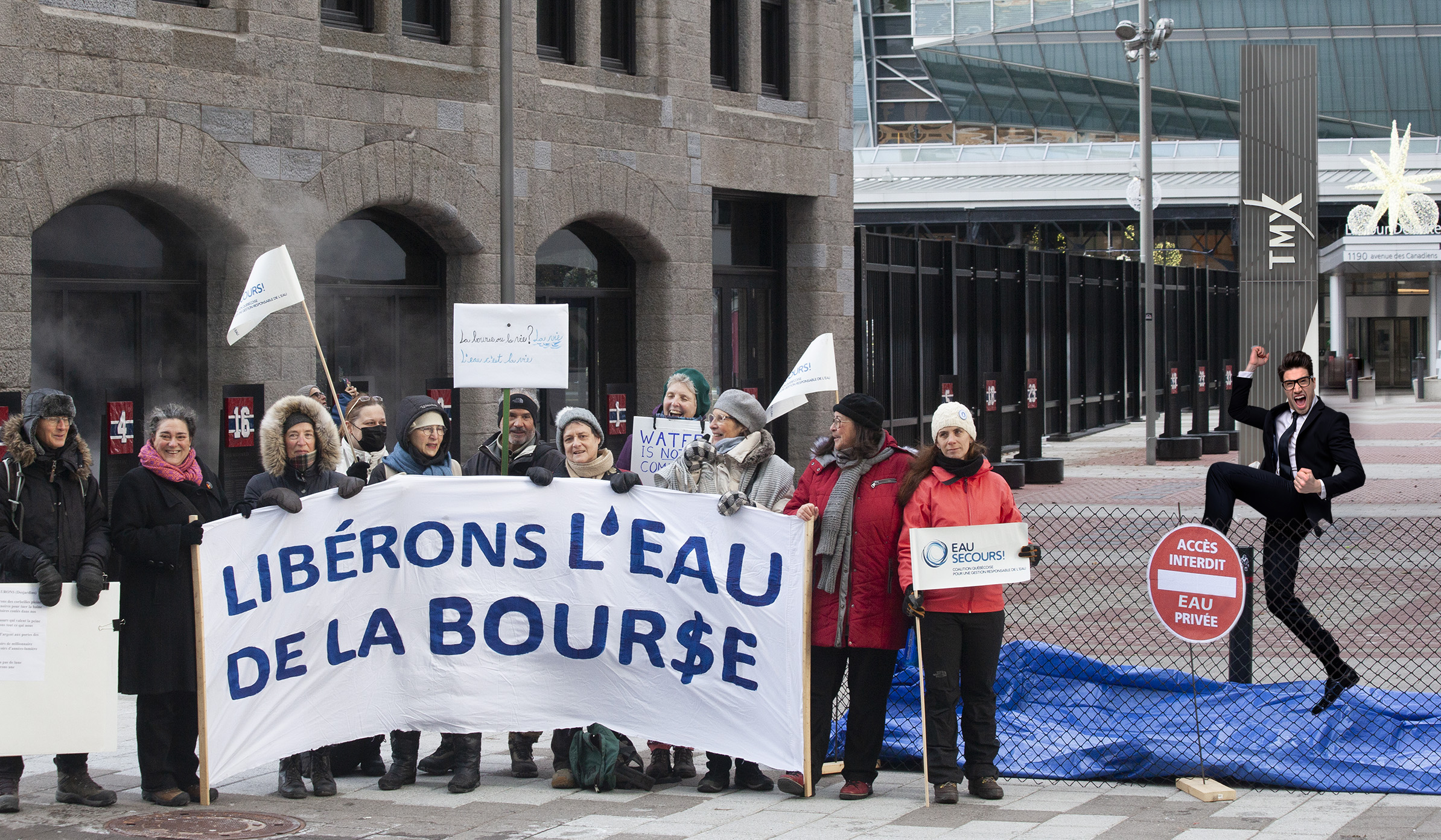
إليك ثلاث مخاطر كبيرة مرتبطة بتمويل المياه:
تكوين المياه
يمكن أن تؤدي أسواق المياه إلى الاستيلاء على المياه وتجميعها، حيث يمكن لحاملي المطالب والمشترين المحتملين شراء مطالب المياه للتكهن بفعالية في سعر المياه على حساب السكان المجاورين والبيئة (FWW، 2023).
يمكن أن تقلل هذه الممارسات من توفر المياه وتزيد من سعر المياه في المناطق التي تعاني بالفعل من نقص المياه، مما يؤدي إلى قطع المياه ويجعل السكان يعتمدون على أنفسهم عند الحصول على المياه (FWW، 2023).
تحديد الأسعار بشكل فاحش
يزيد أسواق المياه الخاصة بشكل كبير من فواتير المياه للمستهلكين مع تشجيع ممارسات غير مستدامة لاستخدام المياه وتدهور جودة المياه (FWW، 2023).
ترتبط أسواق المياه الخاصة بأسعار المياه الأعلى وبأقل قدرة على التحمل للأسر ذات الدخل المنخفض، في حين يمكن أن تؤدي إلى فقدان الفلاحين الصغار للوصول إلى المياه بسبب نقص التمويل، كما حدث في تشيلي أو أستراليا.
إساءة استخدام الموارد التي يجب حمايتها
تخصص الأسواق المياه لأعلى مقدم عطاء – لا للقيمة العامة الأعلى للناس والكوكب. يشجع ذلك على السباق نحو القاع للبيئة، حيث يحفر مالكو المطالب بالمياه بآبار أعماق أعماق ويفرطون في استغلال موارد المياه الجوفية. يؤدي ذلك إلى جفاف آبار أقل عمقًا للجيران الذين لا يستطيعون تحمل تكاليف الآبار الأعماق ويسبب الانهيار (انخفاض المستو
Possible Actions
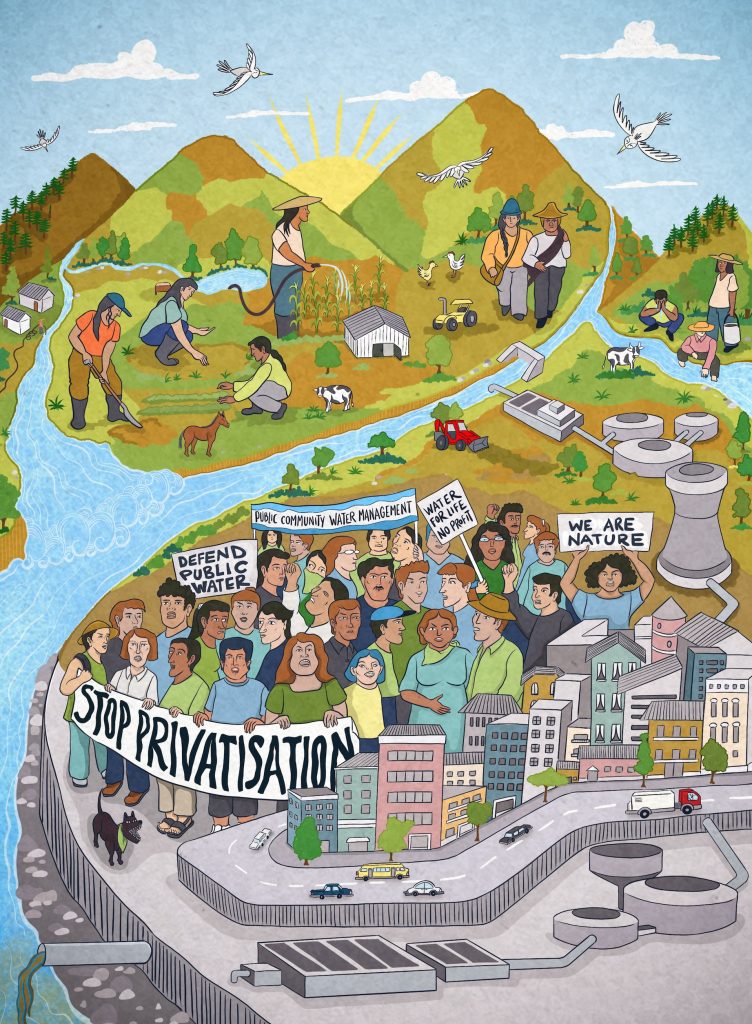
- Support national bans on water futures trading, such as the proposed Future of Water Act in the U.S. from Sen. Elizabeth Warren and Rep. Ro Khanna, and similar legislative reforms, aimed at stopping and prohibiting water financial markets to protect water as a common and public trust resource;
- Provide financial and moral support to organizations opposing the financialization of water to strengthen their capacity to advocate and influence policies;
- Advocate for water to be recognized as a common good and public trust resource in your municipality state or country, emphasizing its significance as a vital resource shared by all;
- Urge authorities to respect United Nations Sustainable Development Goal 6, which acknowledges water and sanitation services as a fundamental human right;
- Pass national and local legislation to affirm and support water and sanitation as fundamental human rights and guarantee the rights of all community members to safe, publicly controlled services; and
- Actively encourage your local government to become a Blue Community and recognize water as a human right and promote publicly financed, owned and operated water and wastewater services and resources management.
References
Langrand, M. (2022). The dangerous game of trading the future of water. Geneva Solutions, online https://genevasolutions.news/explorations/the-water-we-share/the-dangerous-game-of-trading-the-future-of-water#:~:text=In%202020%2C%20water%20joined%20oil,world%20has%20access%20to%20it.
UN Special Rapporteur on the Human Rights to Water and Sanitation (2021), Risks and impacts of the commodification and financialization of water on the human rights to safe drinking water and sanitation – Note by the Secretary-General, https://www.ohchr.org/en/documents/thematic-reports/a76159-risks-and-impacts-commodification-and-financialization-water
FWW (2021), The Water Future’s Market: Gambling With Our Water, https://www.foodandwaterwatch.org/wp-content/uploads/2021/12/FS_2112_Water-Futures-WEB.pdf
FWW (2023), Wall Street’s Water Grab, https://www.foodandwaterwatch.org/wp-content/uploads/2023/09/FSW_2309_WaterGrabs.pdf
FWW (2021), More than 100 Groups Call on CFTC To Shut Down Dangerous ‘Water Futures’ Market, https://www.foodandwaterwatch.org/2021/12/20/more-than-100-groups-call-on-cftc-to-shut-down-dangerous-water-futures-market/
Mediatech
Governance
Quebec Water Act | Act to affirm the collective nature of water resources and to promote better governance of water and associated environments | Quebec Governement
Information
Article – Bloomberg Water Grab Series – Bloomberg
Article – Financialization and water in Africa – FAME 2022 Alternative World Water Forum
Article by Shiney Varghese – The Real Value of Water – IATP, Institute for Agriculture and Trade Policy
Article by Dr. Steve Suppan – Futurizing water prices: How, why, and who may benefit? – IATP, Institute for Agriculture and Trade Policy
Article by M. Legrand – The Dangerous Game of Trading the Future of Water – The Geneva Solutions
Blog post – The real value of water: valuing the invaluable and the treat of pricing water – Blue Planet Project
Fact Sheet – The Water Futures Market: Gambling with our Water – Food and Water Watch
Fact Sheet- Wall Street Water Grab – Food & Water Watch
Online conference – Water Financialization 101: Water Futures, Water markets and Reclaiming the water commons – Food & Water Watch, Institute for Agriculture & Trade Policy, the Transnational Institute and the Blue Planet Project
Partners
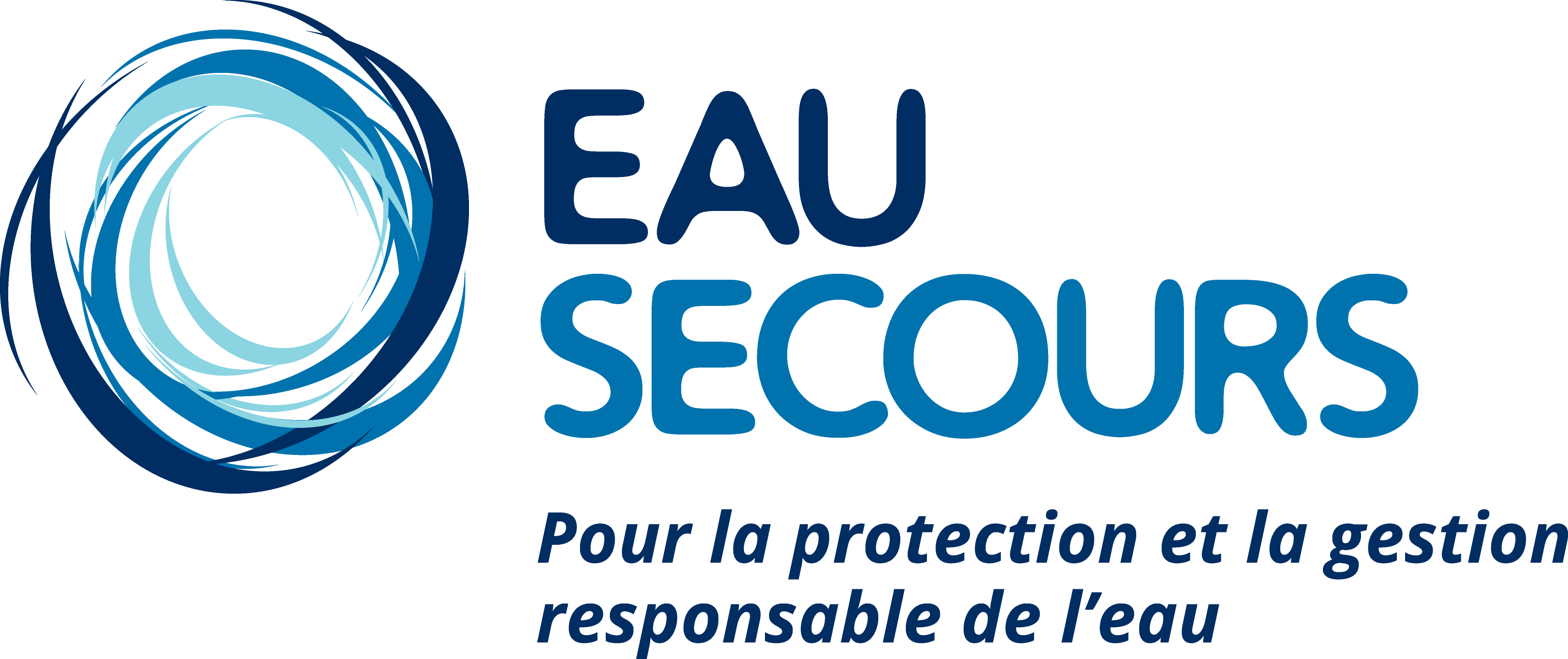
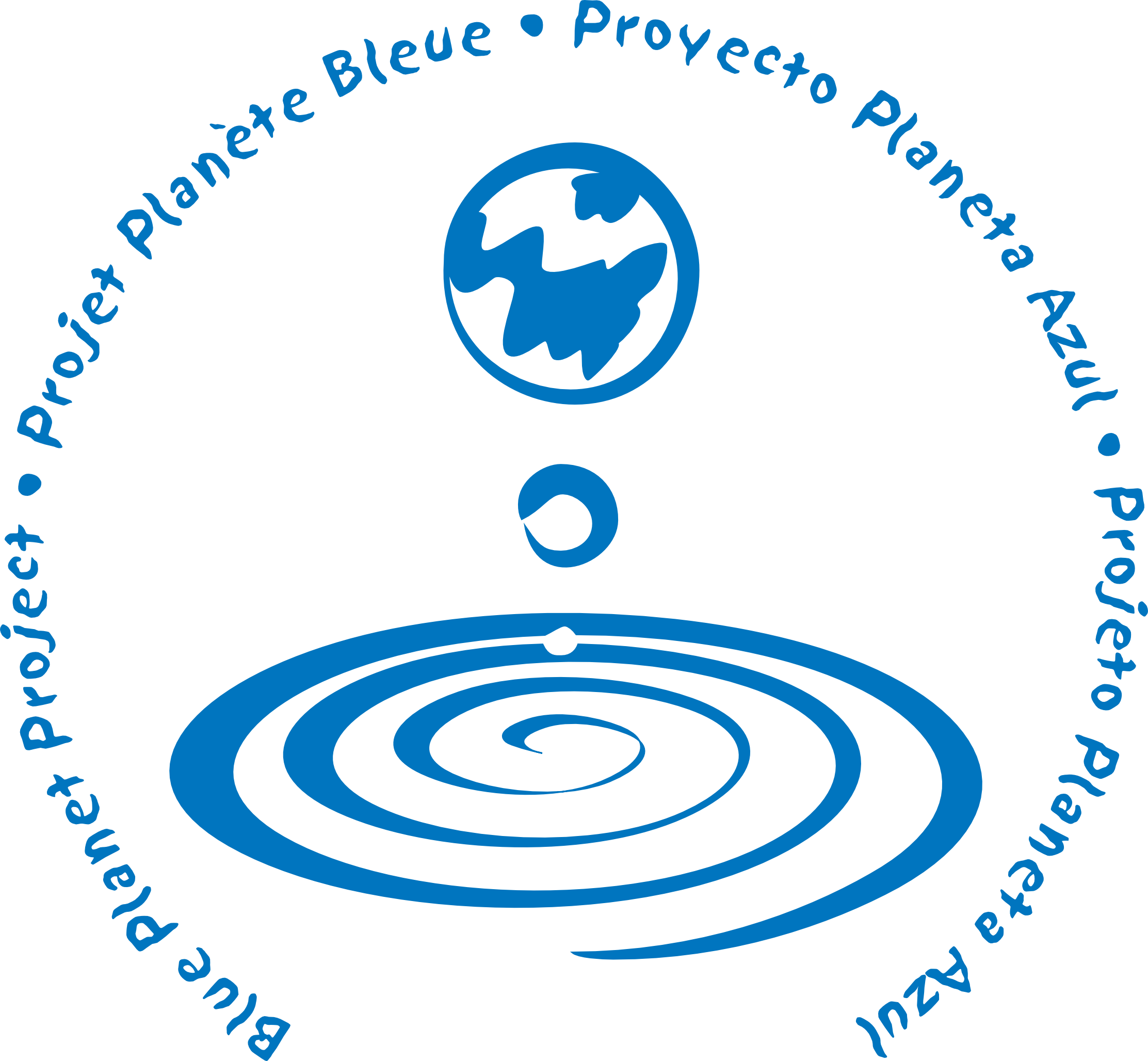
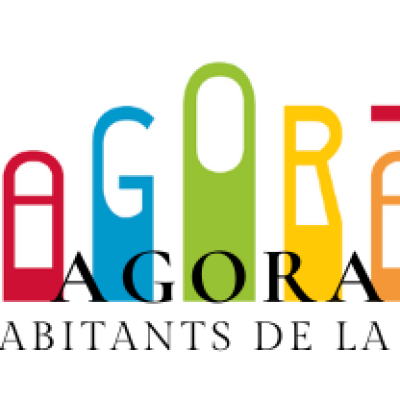

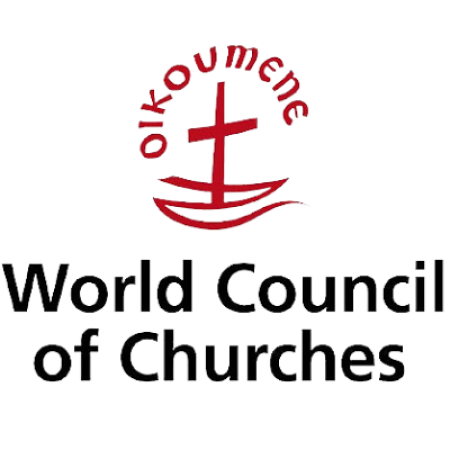
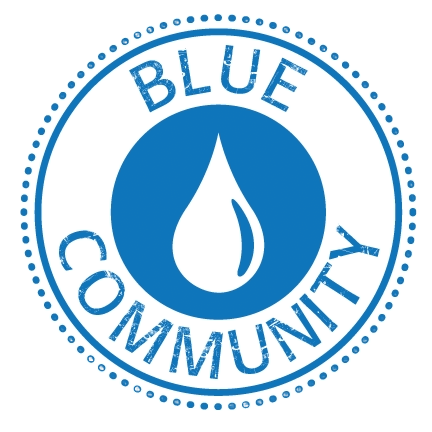
Do you want to know more about our campaign? Want to get involved? Get in touch: communautebleue@eausecours.org
